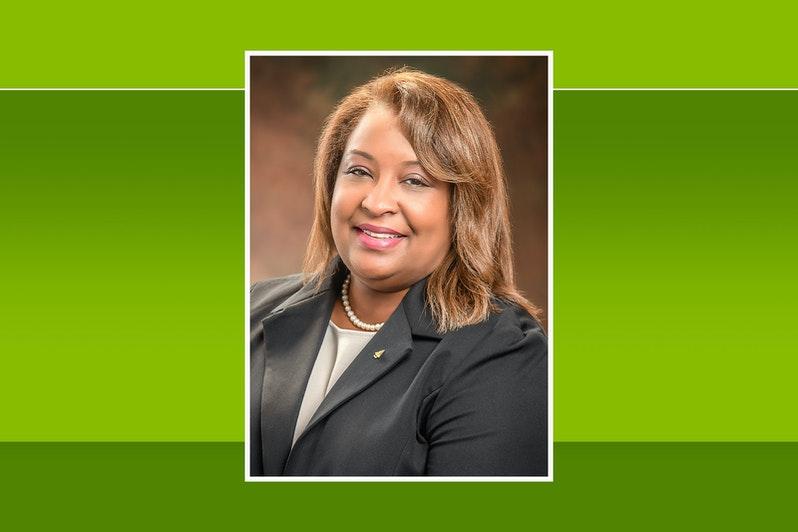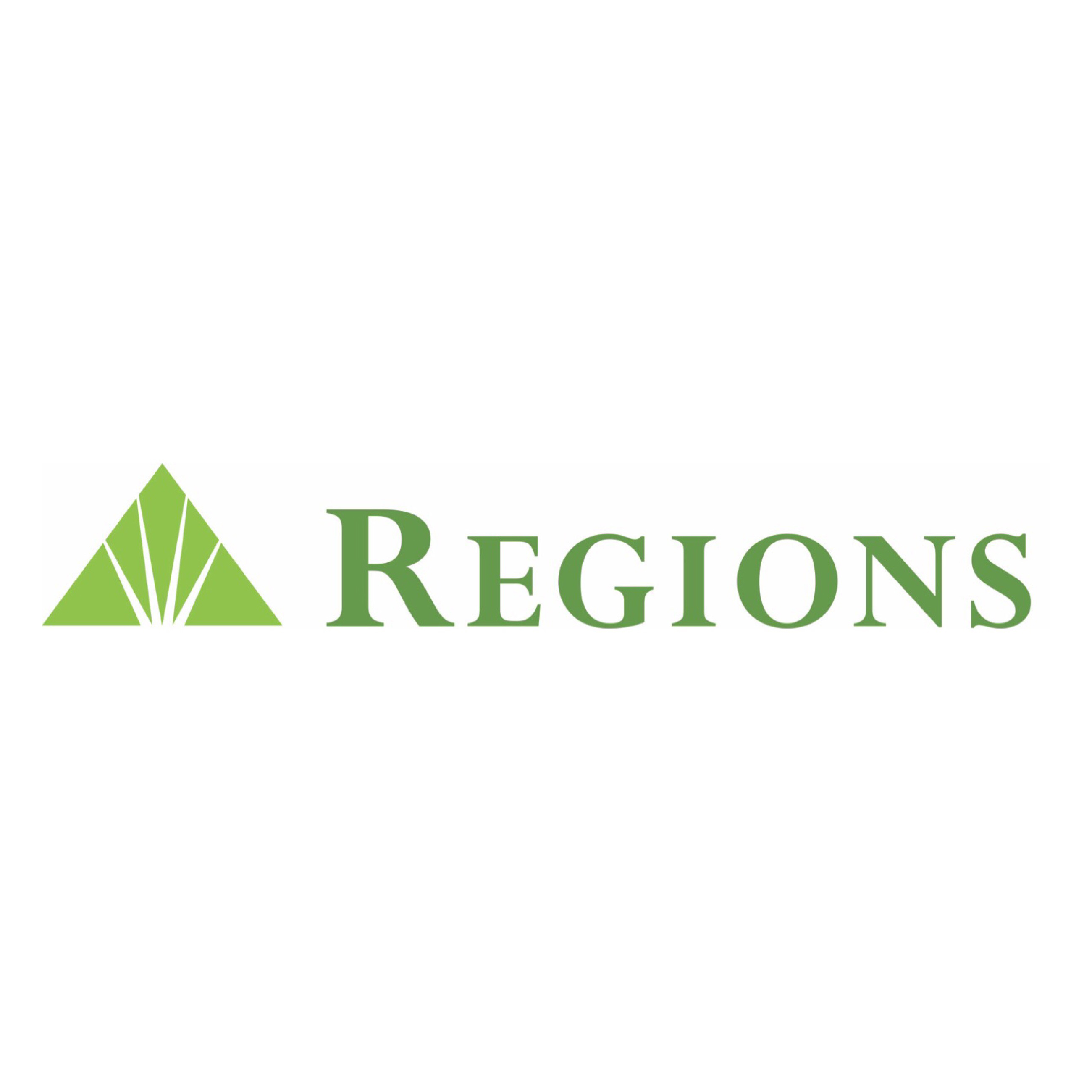Making a Real Difference for HBCUs
In a recent panel discussion at the Arkansas Historically Black Colleges and Universities Summit, Latrisha Jemison shared Regions Bank and Regions Foundation’s unique strategy for support.

When Latrisha Jemison, Regions Bank’s Regional Community Development manager, was invited to participate in a panel discussion as part of the Arkansas Historically Black Colleges and Universities Summit 2021, she jumped at the chance.
Regions Bank has enjoyed a long and close relationship with HBCUs across its 15-state footprint. The bank and its associates, as well as the Regions Foundation have provided financial support, as well as financial education programs and volunteerism.
Recent support included a series of grants that Regions Bank and the Regions Foundation provided in 2020, at the onset of the pandemic, that enabled schools to fund digital access for students and also help with prevention and recovery initiatives – including campus-based testing sites.
In April of this year, the Regions Foundation, a nonprofit initiative of Regions Bank that supports community investments, provided a grant for scholarships and other financial assistance to low- and moderate-income students attending Alabama A&M University, Alabama State University, Miles College and Tennessee State University. The Alabama State University grant was used to pay off student debt for seniors who were in danger of not graduating with their class because of outstanding balances.
As Jemison learned more about the October HBCU event, held at Philander Smith College in Little Rock, she was very happy she took that jump. The topic for the panel discussion was “Increasing corporate opportunities for HBCU students and graduates.”
“I was so proud to represent Regions Bank in this important conversation,” Jemison said. “The financial support the bank and the Regions Foundation provide is critical to the success of these students, but the bank also offers many other kinds of active support and engagement with HBCUs.”
Over the years, Regions Bank has developed strong relationships with school leaders and administrators. Jemison explained in the panel discussion that having that high level of engagement allows Regions to collaborate and support them in a unique way.
“We know the presidents and the other faculty members, and we talk to them about the needs of that particular school,” Jemison said. “We have boots on the ground, with associates serving on boards, advisory committees, and mentoring students on campus. That level of engagement strengthens the relationship and helps us understand how we can help.”
That assistance comes in a variety of ways, including financial education, opening bank accounts on freshman move-in day, attending career fairs and hosting professional development workshops.
And it makes a real difference.
“Students have actually called us and personally thanked us for our support,” Jemison said. “Especially when we acted quickly last year to provide technology and health assistance at the beginning of the COVID-19 pandemic, we received several calls (of thanks).”
Jemison’s fellow panelists included Rep. Alma Adams of North Carolina and executives from corporations including Goldman Sachs, Deloitte, Microsoft and Baptist Health. Arkansas Rep. French Hill convened the summit. He and Representative Adams chair the bipartisan HBCU Caucus in Congress.
“This was a very influential group of leaders engaged in a meaningful conversation about the future of students attending these HBCUs,” Jemison said. “I’m pleased that Regions Bank was at the table, and I’m thrilled that I was able to represent our company in this critical dialog.”
Following the panel discussion, a career fair was held on campus and Regions Bank representatives were on hand to conduct one-on-one conversations with students about career opportunities.
“Regions Bank is very intentional about recruiting, hiring, and retaining talent from HBCUs as a critical part of strategy to build and develop a diverse workforce,” said Emerging Talent Program Manager Katie Fogg.
Regions Bank has a dedicated diversity-focused recruiter, Brianna Williams, who serves as the primary point of contact for our HBCU recruiting partnerships.
Since 2018, the bank has accepted the HBCU Partnership Challenge, an effort by the Congressional Bipartisan HBCU Caucus to encourage corporations to make greater investments in HBCUs. The bank has developed an HBCU recruitment strategy focusing on strategic relationships with 10 HBCUs across the Regions Bank footprint.
“Our recruiting and marketing efforts tailored to HBCU students are very important, as are the grants and other financial support we provide,” said Jemison. “But what sets Regions Bank apart is our grassroots, bottoms-up approach to engagement with students, faculty and administrators. That’s how we make a real difference.”
Bring Your Whole Self to Work
Regions has a passion for creating an inclusive environment that promotes and values diversity of race, color, national origin, religion, age, sexual orientation, gender identity, disability, veteran status, genetic information, sex, pregnancy and many other primary and secondary dimensions that make each of us unique as individuals, and provide valuable perspective that makes us a better company and employer. More importantly, we recognize that creating a workplace where everyone, regardless of background, can do their best work is the right thing to do.
OFCCP Disclosure: Equal Opportunity Employer/Disabled/Veterans

